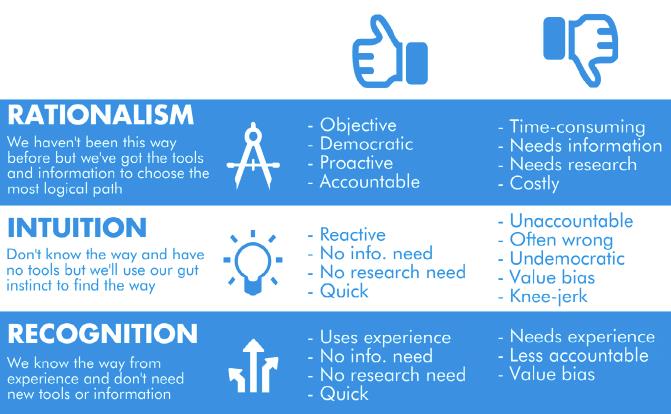Following on from our December event ‘Investing in Knowledge’ we have produced the first in a series of white papers highlighting the importance of research in policy making.
The paper looks at the importance of knowledge, especially when it comes to decision making. How it can improve our ability to react appropriately and implement change which has real impact, and ensure that public money is being spent wisely.
Drawing on our forty years of insight in this area, as well as the views of prominent figures in evidence-based policy, the first paper covers the following areas:
- What is knowledge? We are all knowledge practitioners but we will explore the difference between how a researcher and a policymaker approaches this.
- The benefits of improved knowledge: “Money is scarce, so we need to be able to target it and understand what the expectations of results should be, we can’t correct mistakes afterwards, and we need to have a good idea of predictability and reliability.” Kim Ryley, Solace
- Pitfalls and barriers to knowledge development: “Not all evidence is equal; you have to make judgements about it. This is hard for those writing the research,…but it’s not about the quality… it’s about the point of view from (policy) demand.” Jonathan Breckon, NESTA
- Perceptions about evidence: More evidence equals better policy? Or is it the right evidence makes better policy? Evaluation has more value than other types of evidence? Or should we have an holistic view of evidence, taking into account current changes, forecasts and individual experiences?
- The messiness of policy making: Is the linear approach to evidence development practical in a policy environment? How do we make best use of the ‘windows’ of influencing opportunity? How do we really involve the policy maker in research findings?
- Decision making context: What impacts on our decision making? Accuracy? Approval? Personal reassurance we are doing the right thing?
- The future of research: What will the impacts of technology, openness, too much information, needing to be multidisciplinary be on research methods and the application of evidence?
The full paper and an accompanying list of useful resources can be found here
The Idox Information Service can give you access to a wealth of further information on evidence based policy and practice, to find out more on how to become a member, contact us.
Share
Related Posts
Tackling geographical inequalities is critical for ensuring that all parts of the country have the potential to prosper. When the UK was a member of the European Union, it was entitled to a share of funding from the EU’s structural ....
In recent years, there has been an increasing focus on ensuring people with ‘lived experience’ are involved in co-producing research and policy-making at practical, local level. However, there has been little discussion around what the people with lived experience themselves ....


